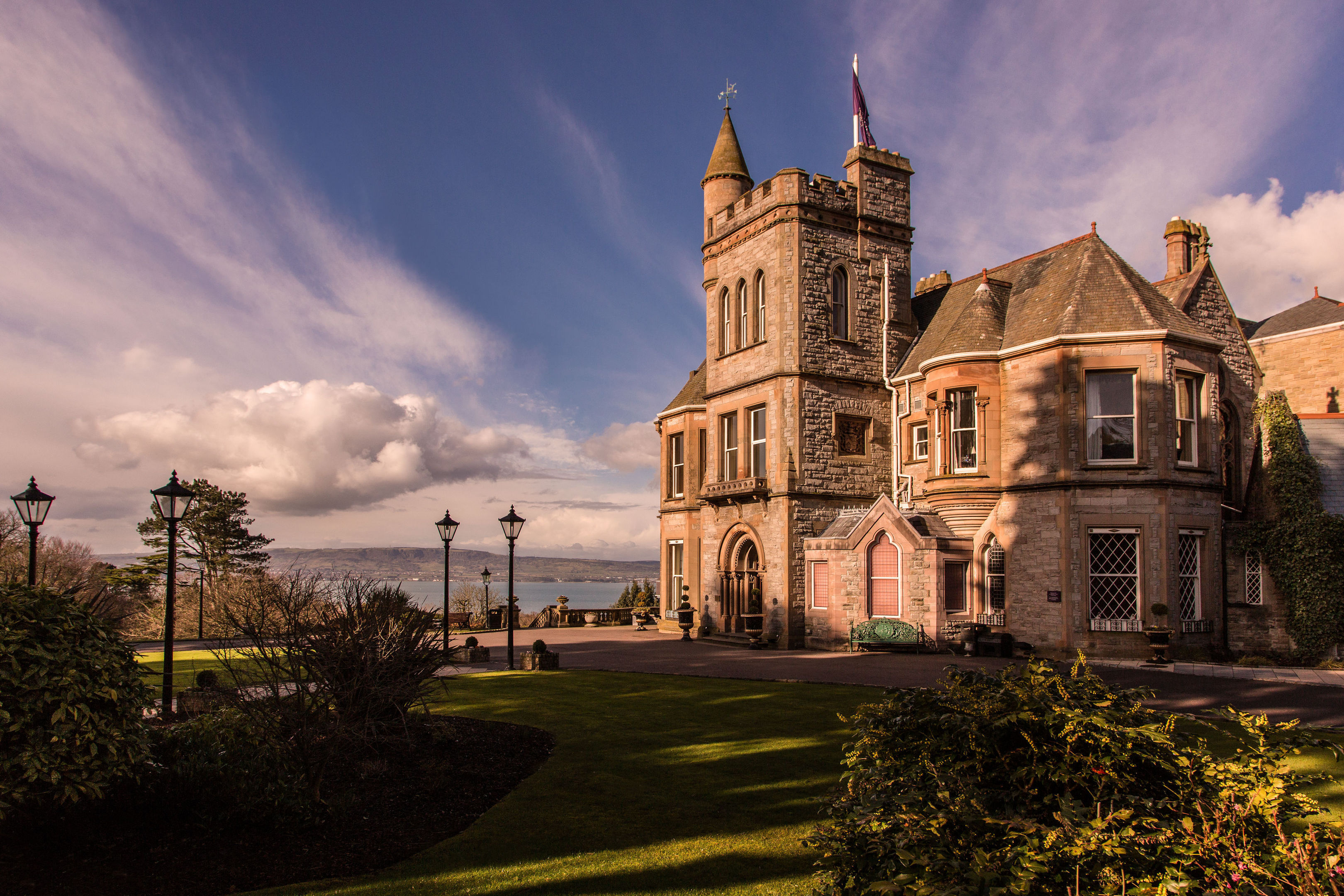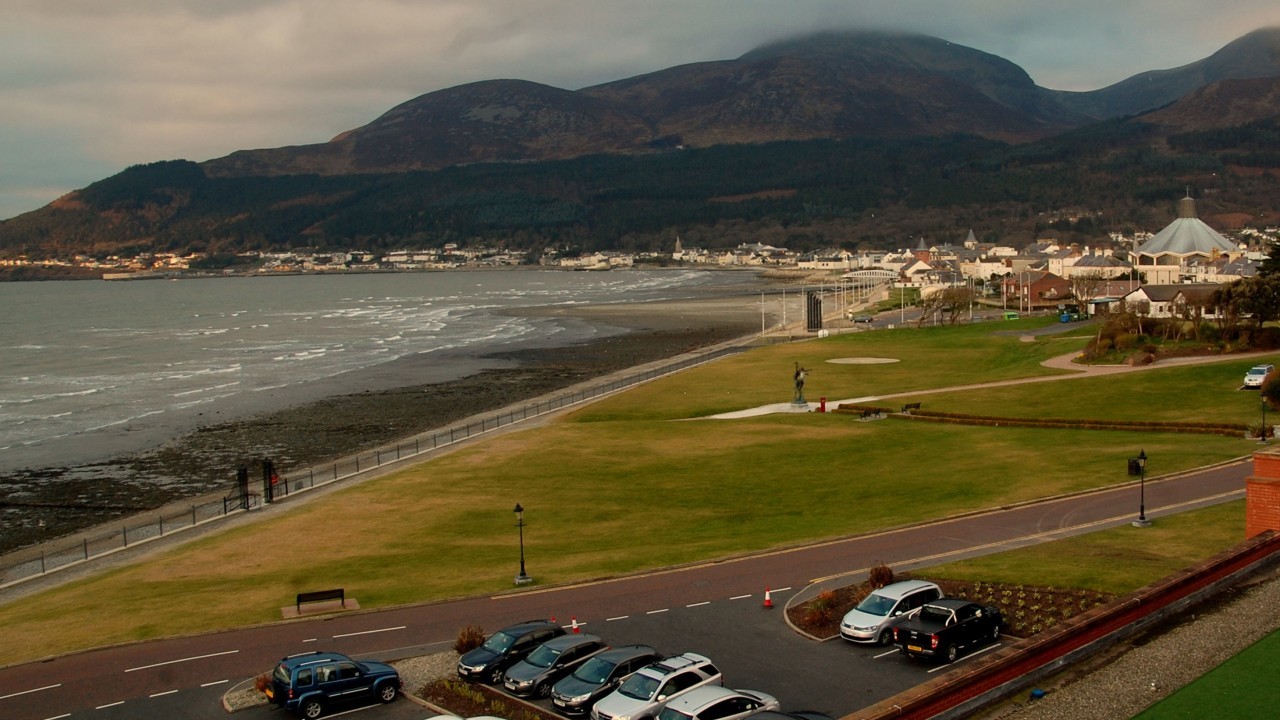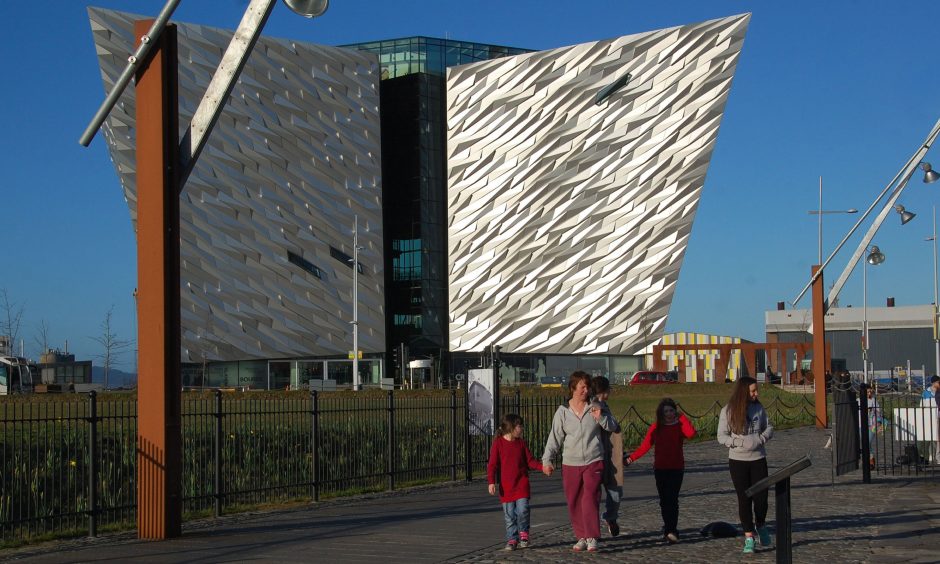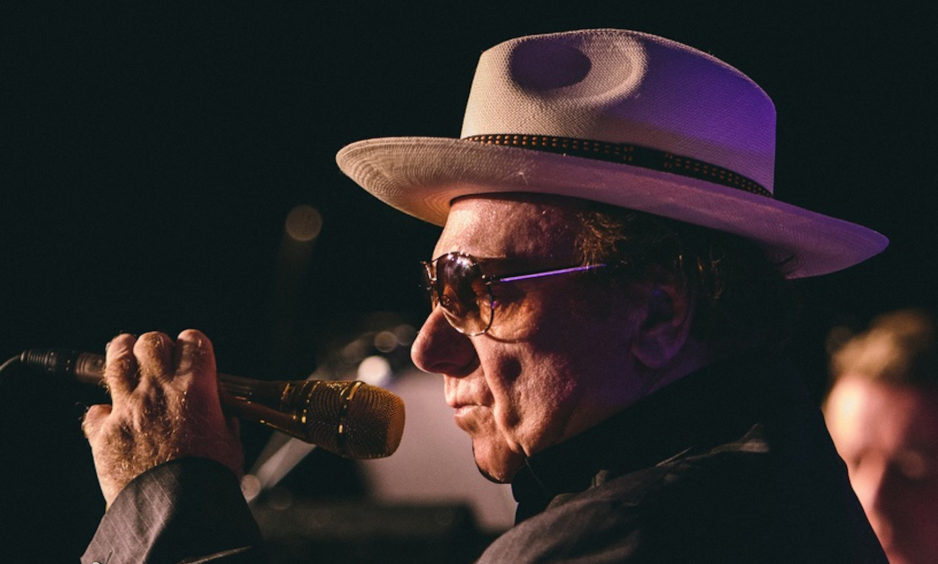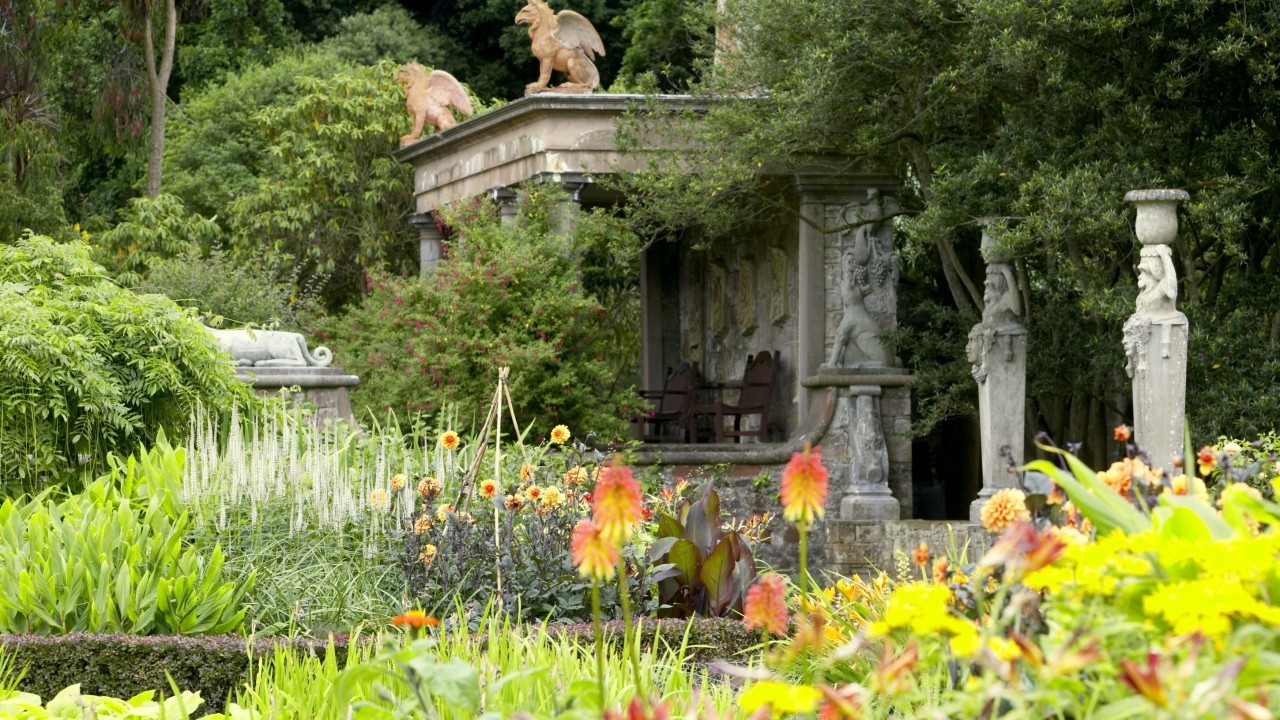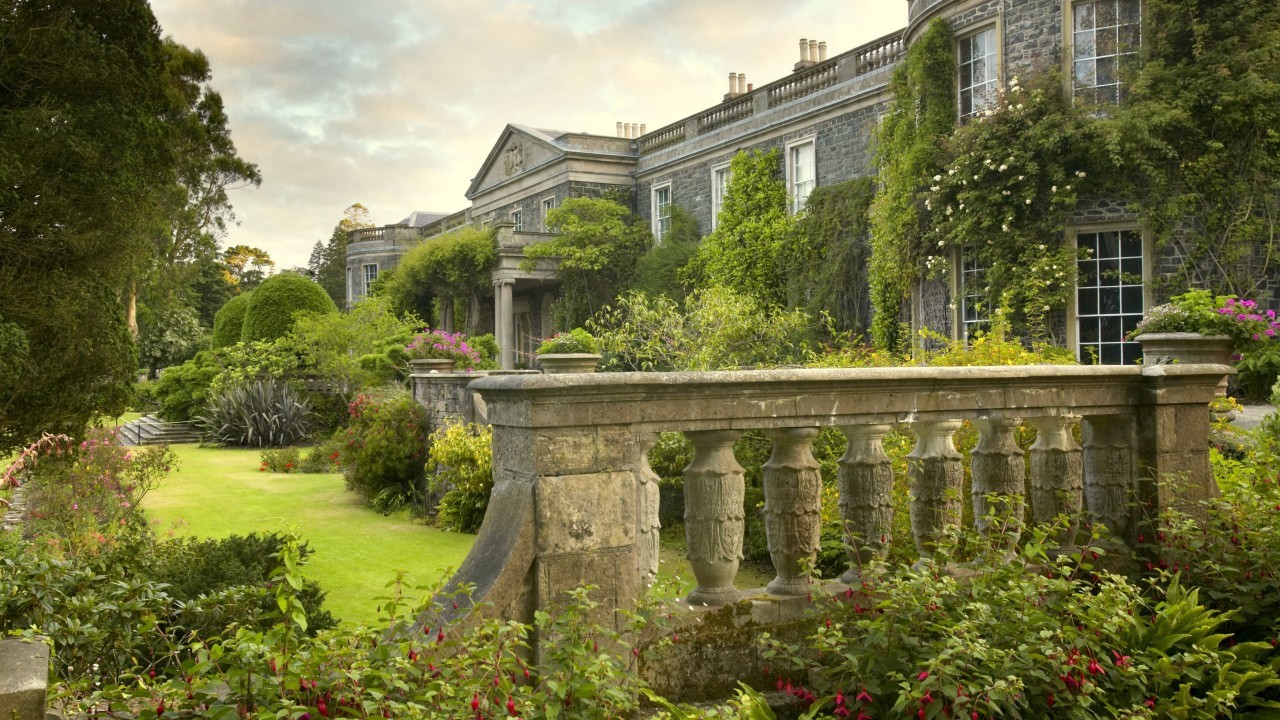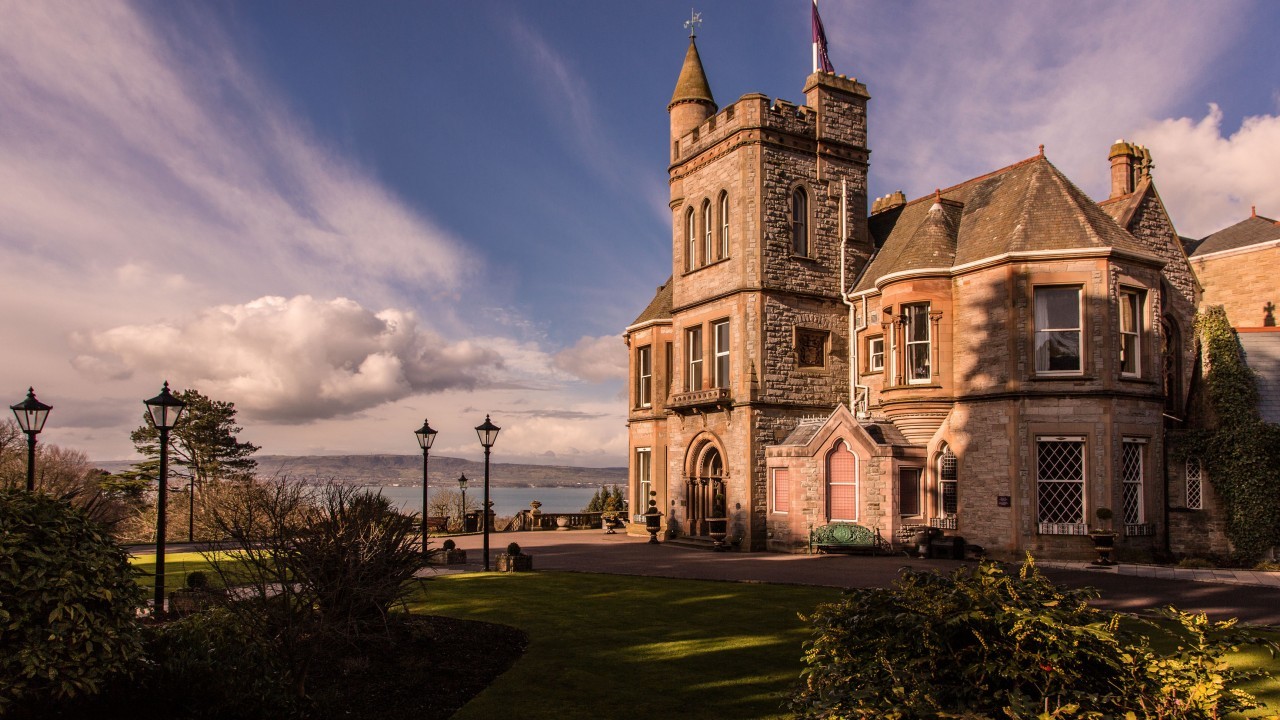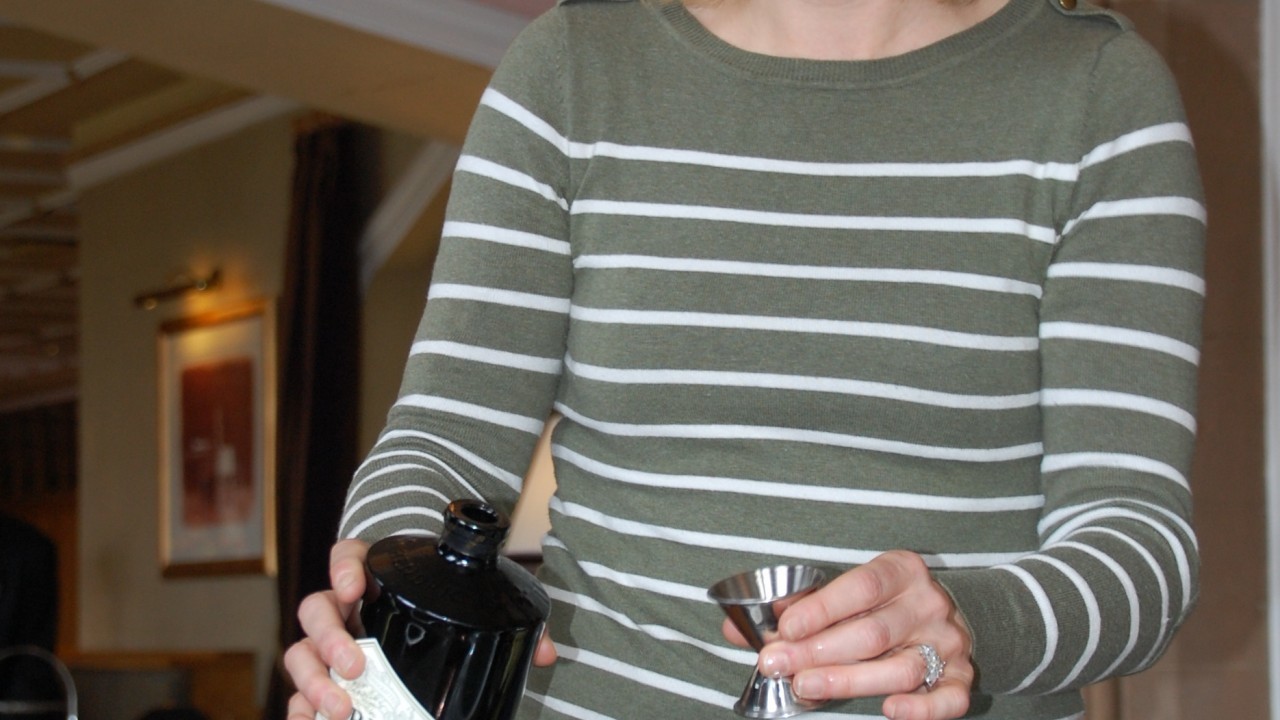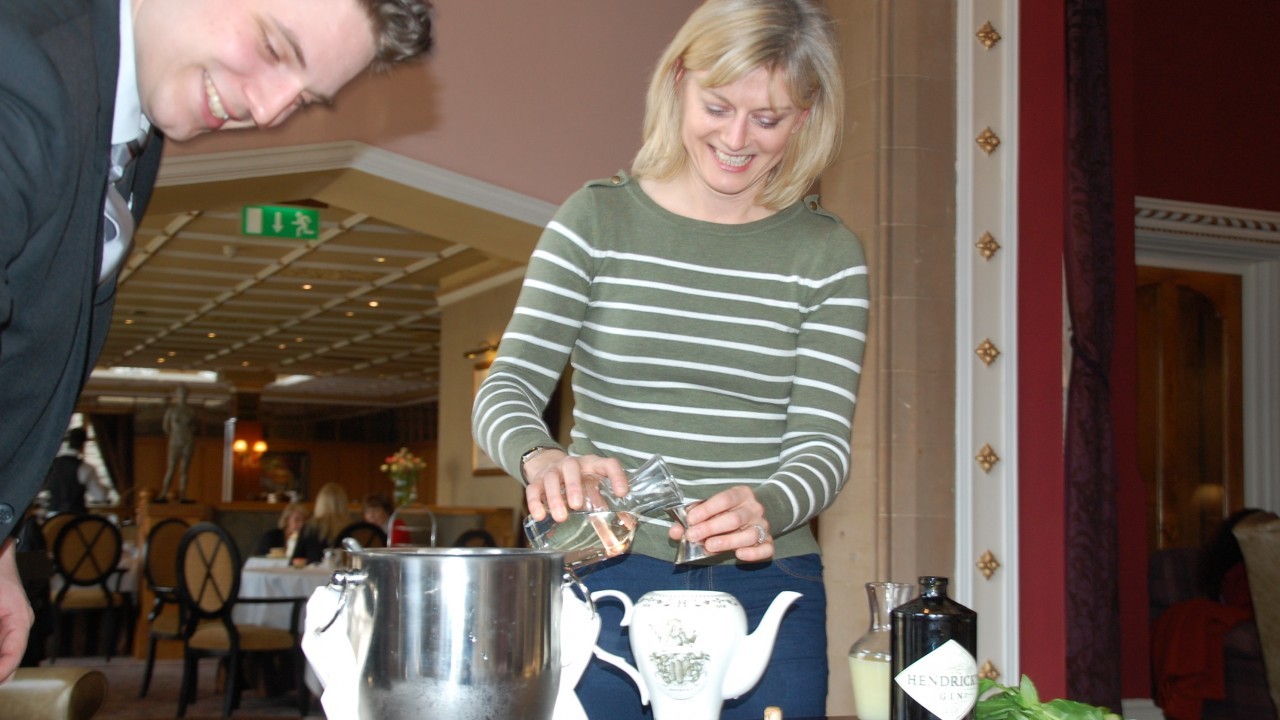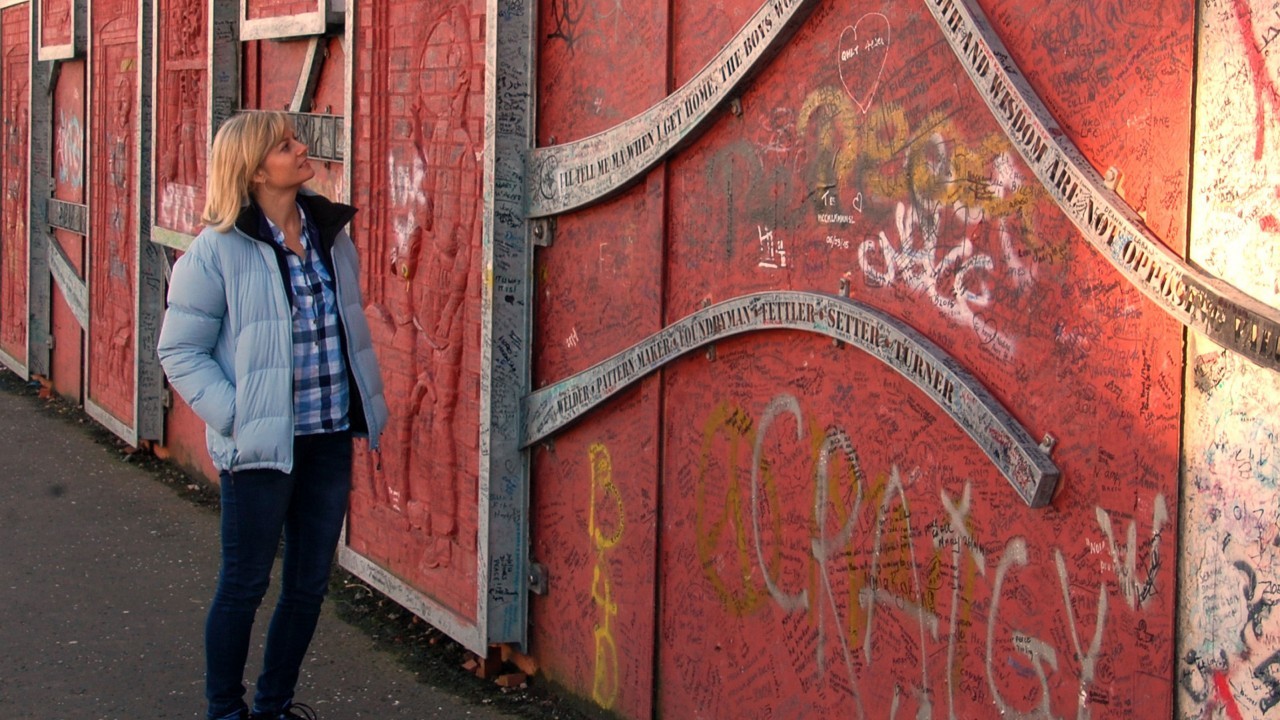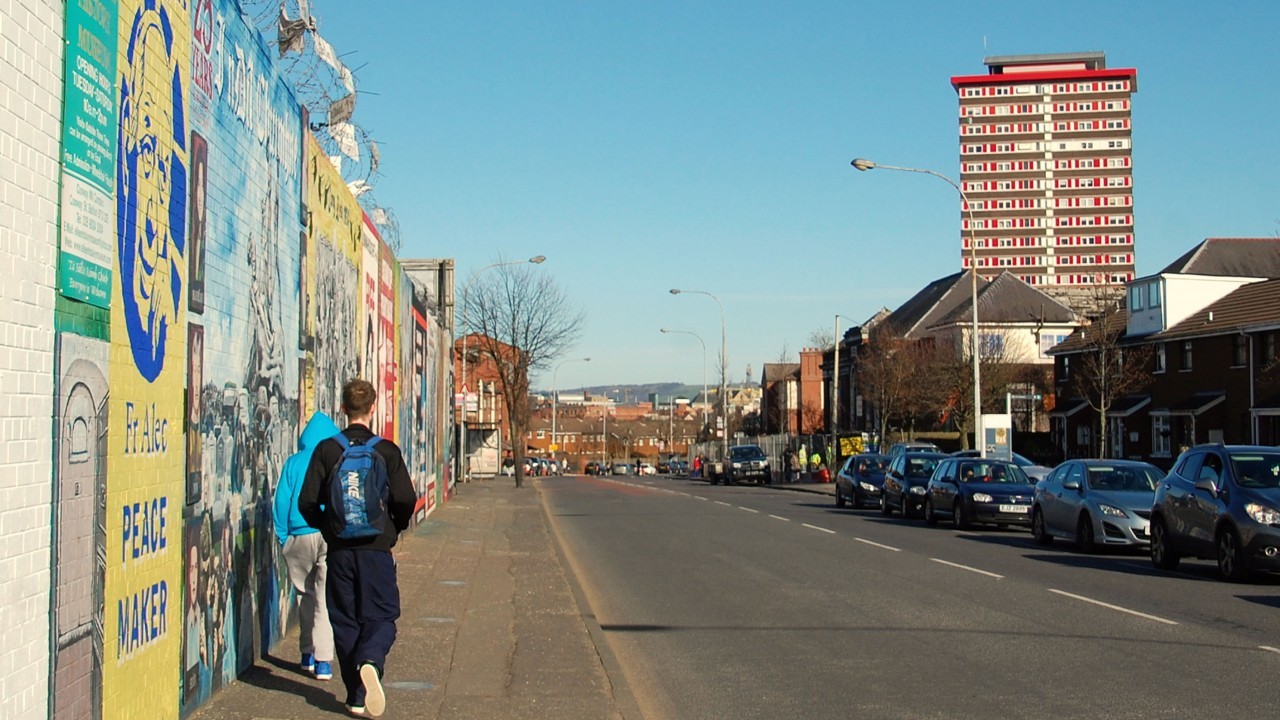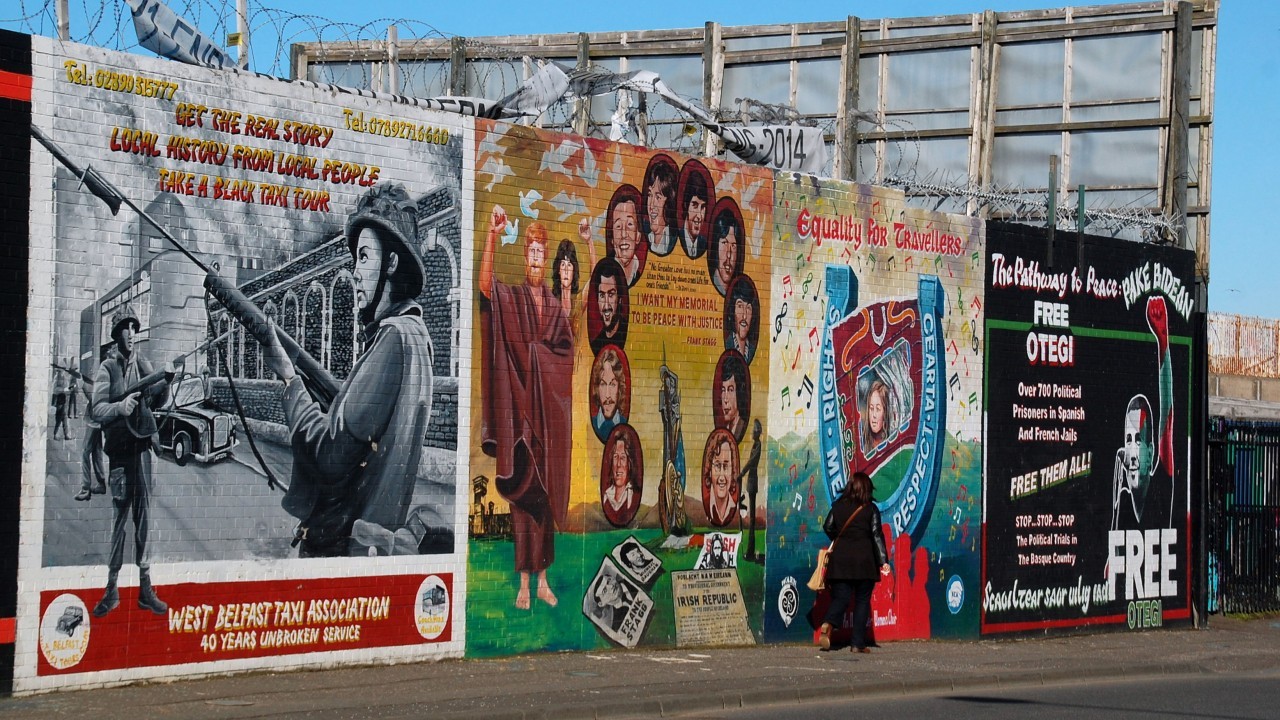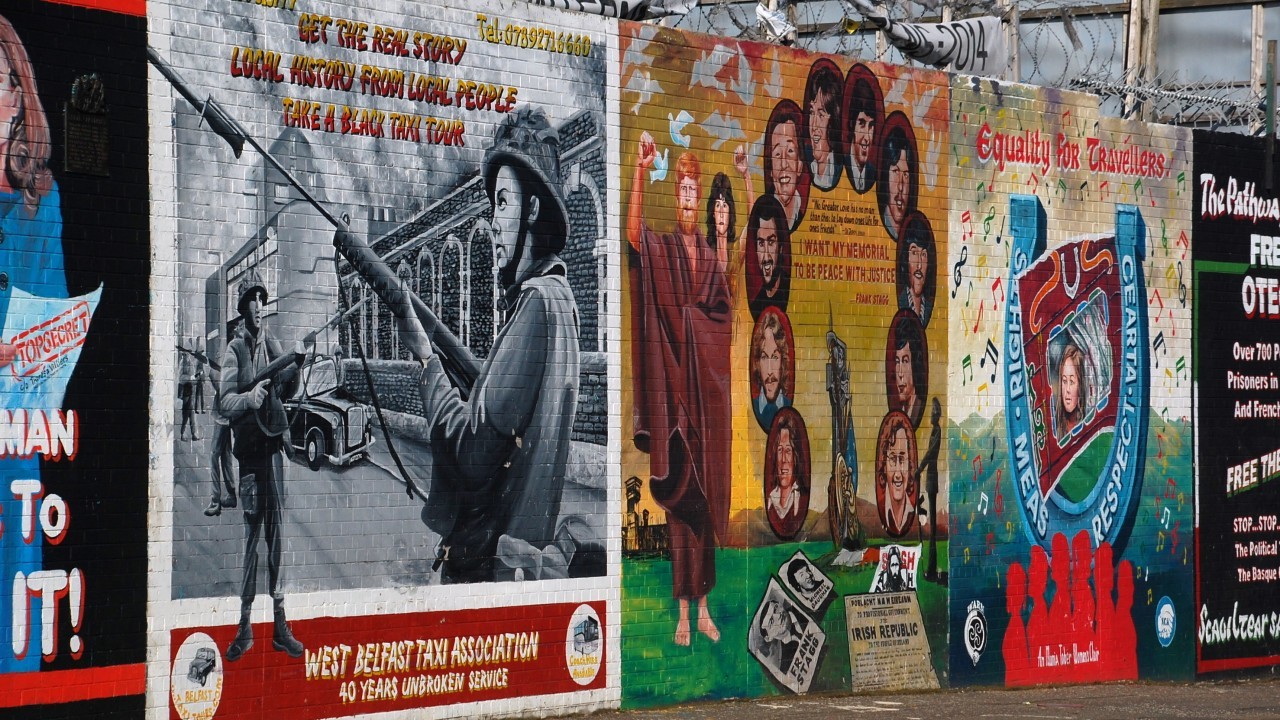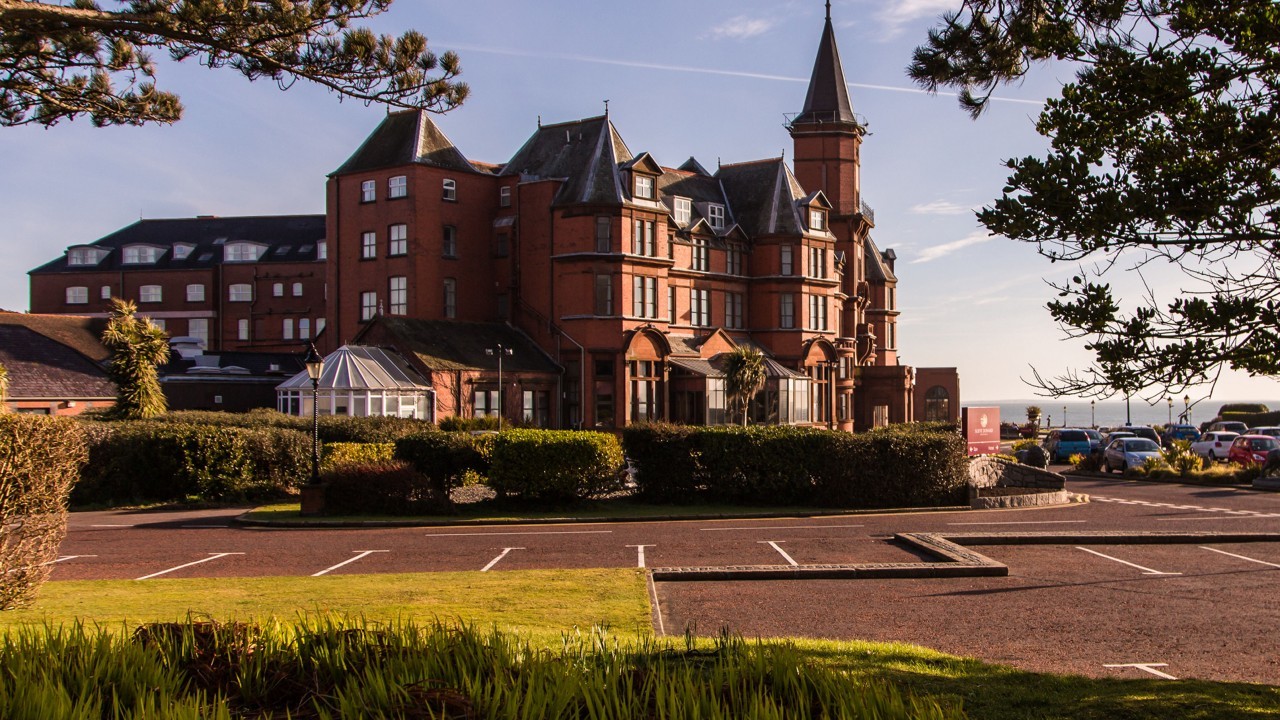Beautiful landscapes, fine local produce and even an intimate evening with a rock star are all highlights of a weekend break in Northern Ireland, says Karen Bowerman
My guide, David Lyttle, heads into a residential street in west Belfast and stops at the end terrace.
The front of the house looks like any other: small porch, neat net curtains and a white door. But the back is enclosed in a giant metal cage.
The home is just metres from one of Northern Ireland’s peace walls, erected during the Troubles to try to defuse tension in areas where loyalist and nationalist communities lived close together.
The “cage” was built to protect a nationalist catholic family from any stones, bricks or petrol bombs, which may have been thrown over the wall by loyalist protestants.
I find the 8m high wall – and the house with its bars – disturbing. But David makes a telling remark: “Most of us don’t see them any more.”
It’s a sign of how Belfast has moved on since the peace process of the Nineties. Today, gable ends on the loyalist Shankill and nationalist Falls roads still flaunt propaganda-style murals, but the streets, which were once the centre of sectarian violence, are now popular tourist attractions. David is one of the guides who drives visitors around to see points of interest.
The Europa Hotel, where I’m staying, is another example of how the city’s refused to be defined by the past. During the Troubles, the hotel was bombed 28 times. But in 1993, local hotelier, Sir William Hastings, bought the wrecked building and turned it into a city landmark.
Today, his hotel group continues to support local businesses and regional producers; I enjoy Leggygowan goat’s cheese parfait followed by Glenarm salmon for dinner, while breakfast is accompanied by a booklet about the provenance of the food served.
Pages depict smiling suppliers holding muesli, milk, yoghurts, eggs, mushrooms, tomatoes, sausages, bacon and award-winning black puddings. With the promise of a “true taste of Ulster” to start my day, how can I not try everything?
I spend the rest of the morning at the Titanic Museum on the city’s waterfront, not far from the Harland and Wolff shipyard where the liner was built.
The museum’s shaped like four hulls, each a staggering 27m (90ft) high – exactly the same height as the Titanic.
Inside, is a high-tech, multimedia experience, with a theme-park-style ride through the shipyard and a 3D film taking visitors on a journey from the engine room, through the lavish decks, to the bridge where everything’s calm.
Later, the voices of actual survivors recount what happened during the 1912 tragedy. One recalls how, as they hit the iceberg, a piece of it broke off and landed on the deck beside him. He recalls an officer saying it was “nothing to worry about” and then proceeded to make a snowball.
That afternoon, I head to the Culloden Estate and Spa for tea – with a splash of Hendricks gin. Apparently, its subtle flavour, infused with cucumber and rose petals, makes it the perfect accompaniment to scones and cakes. It’s a naughty treat but who’s to know, since it’s served in a teapot?
The Culloden is a five-star country house hotel in Holywood, County Down, about six miles east of Belfast.
After a quick lesson in mixology, I ask the barman if he’s ever served any famous guests. He mentions Robbie Williams, David Beckham and Lady Gaga, while Van Morrison has an office in the hotel grounds.
The Belfast singer-songwriter, who launched his solo career with Brown-Eyed Girl in the Sixties, has recently joined forces with Hastings hotels to offer one-off shows for just a few hundred people. The idea is to recreate the feel of the jazz clubs where he began singing.
The Culloden’s general manager, Adrian McNally, says the events, accompanied by a gourmet dinner, are a chance for people to get to know the performer better (Morrison is known for being mercurial).
“I’d describe him as a man of few words,” McNally says, diplomatically, revealing little more than the star’s “very partial to KitKats.”
From Holywood, I explore the Ards Peninsula, following the eastern shore of Strangford Lough, the largest sea inlet in the British Isles, to Newtownards.
Nearby, is Mount Stewart, an 18th century house owned by the National Trust. It’s just reopened after a three-year, £7million facelift.
The house has been transformed into how it was in its heyday when it was owned by Lady Edith, wife of the 7th marquess of Londonderry, in the early 20th century.
The property is best known for its 35 hectares of woodland, formal gardens and lakes. With the lough on one side and the Irish Sea on the other, it enjoys a unique microclimate; look out for bananas and kiwis!
A short ferry ride across The Narrows (the strait at the bottom of the lough) takes me from Portaferry to Strangford, where I continue to Newcastle – a seaside town at the foot of the Mourne Mountains.
My room at the Slieve Donard Resort and Spa, which takes its name from the range’s highest peak, has views of the crags and Newcastle’s sandy beach. Next door is the Royal County Down Golf Course.
The hotel, another member of the Hastings group, was originally built by the Belfast and County Down Railway as an end-of-the-line, luxury destination. It had a bakery, vegetable garden, pigs and a power plant, and offered sea water baths to guests.
Today, its spa is a little more sophisticated; built in conjunction with ESPA, it’s spread over two floors, with pools, Jacuzzis and 16 treatment rooms.
That evening, I pay it a visit. As mist drifts over the mountains, I relax in the softly-lit sauna and watch darkness creep over the sea.
TRAVEL FACTS
Karen Bowerman was a guest of Hastings Hotels (028 9047 1066; www.hastingshotels.com) who offer B&B doubles at the Europa, Belfast, from £100, the Culloden Estate and Spa, Holywood, from £185 and the Slieve Donard Resort & Spa, Newcastle from £110.
:: Van Morrison is performing at the Slieve Donard Hotel, Newcastle in July and August. Tickets, including gourmet dinner, from £200.
Visit www.ticketmaster.co.uk/Slieve-Donard-Hotel-tickets-Newcastle/venue/458789
